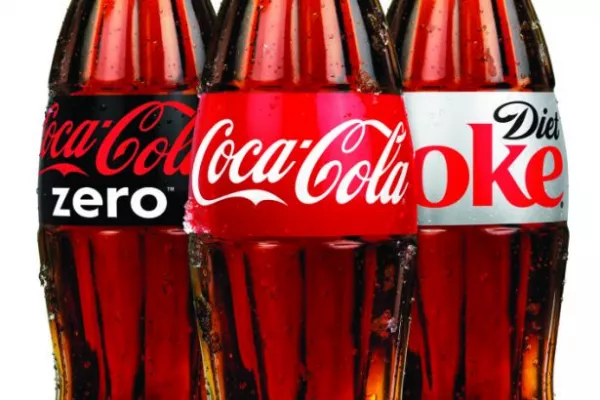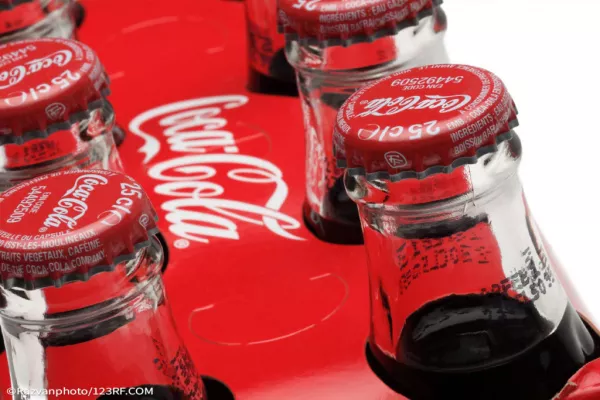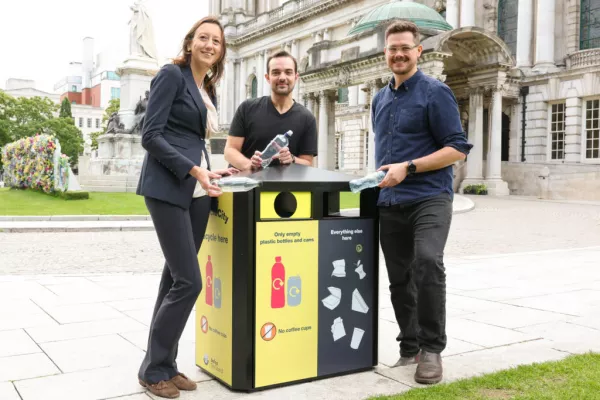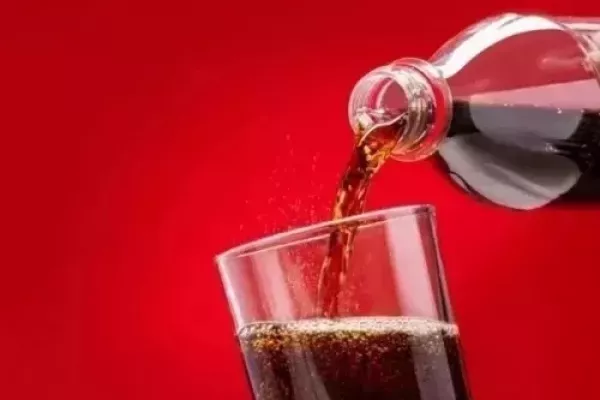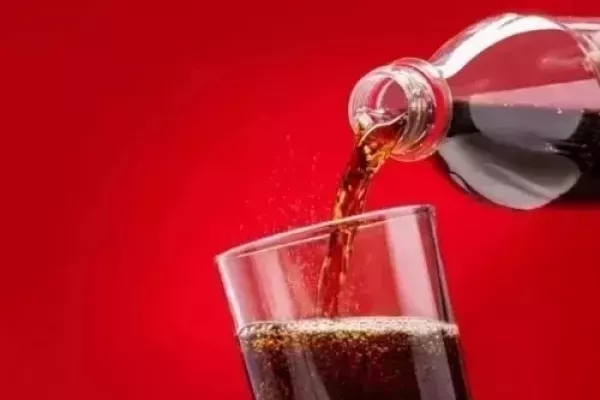They coulda, and probably shoulda, been contenders - but Coca-Cola and Pepsi let another meaningful M&A opportunity fizzle out.
Either one of them could have made a play for WhiteWave Foods, the maker of Silk almond milk that announced a $12.5 billion sale to dairy giant Danone on Thursday morning. Just like either one of them could have been a merger partner for beer behemoth AB InBev as an alternative to its SABMiller acquisition. Pepsi has even fought off calls to separate its snack and beverage businesses, which can be argued would have been beneficial to shareholders.
But no deal.
While shares of both soda companies have done alright the past few years, they've underperformed other big consumer-staples stocks. Coke's revenue slipped in 11 of the past 12 quarters, while Pepsi's fell during the past seven.
Plenty of people still drink soda. Carbonated soft drinks is a more than $300 billion market globally, and nearly $80 billion in North America - but it's in decline in that region. And a millennial-driven push toward healthier food and drink choices (or at least the aspirational idea of what's healthy) could become a problem for Coke and Pepsi if they don't further diversify.
"Soda is on the verge of becoming the liquid cigarette," said a Guardian article in November about how Mexico - a country with one of the highest rates of obesity and the biggest consumers of sugary drinks - was fighting back against the industry with a soda tax. That tax doesn't seem to actually be curbing soda sales there. Even so, it does foreshadow the increasing number of headaches Coke and Pepsi will have to deal with in the future. Soda is never going away, but growth is going to be tougher and tougher to come by.
The obvious solution is to have a hand in other things. Pepsi is a bit better-diversified - but I'm not talking about the fact that it owns the Frito-Lay chips business, because that's no better in this respect than soda. It has what it calls "Good For You" brands such as Naked juices, Tropicana Trop50 OJ and Gatorade, which Pepsi is trying to bill as an essential part of any athlete's workout regimen. Coca-Cola took full control of Honest Tea in 2011 and owns Odwalla and SimplyOrange. Coke also has a distribution deal with and stake in Monster Beverage, the maker of energy drinks, though the partnership seems to be helping Monster more than Coke - Monster's stock has since more than doubled.
WhiteWave's revenue is forecast to grow 11 percent this year and at about an 8 per cent clip each of the next several years - a prize as far as food M&A targets go. Its market cap is big at $10 billion, but that's what these gigantic companies need to make any noticeable difference in their growth prospects. Plus, WhiteWave is in the sweet spot of the food industry right now and has scarcity value. I would argue that its plant-based dairy alternatives are less of a fad than other natural/healthy products out there because there are always going to be people who can't have regular dairy.
WhiteWave has unofficially been in play for a couple years. And when in February, two big former bankers took quasi-activist positions in the stock, we knew it was only a matter of time before news would hit the wires that WhiteWave was being sold for some fat price. Indeed it is - see my Gadfly colleague Chris Hughes's analysis of Danone's offer. But even though this means the company was probably heavily shopped by its bankers, it doesn't preclude a bidding war now that the deal is public.
On Thursday morning, WhiteWave shares traded very slightly above Danone's offer, implying that some investors see a chance of a higher offer. Perhaps Nestle or General Mills - they've been active on the deal front. I wouldn't hold your breath on Coke or Pepsi, but you never know.
News by Bloomberg, edited by Hospitality Ireland
(* This column does not necessarily reflect the opinion of Bloomberg)
